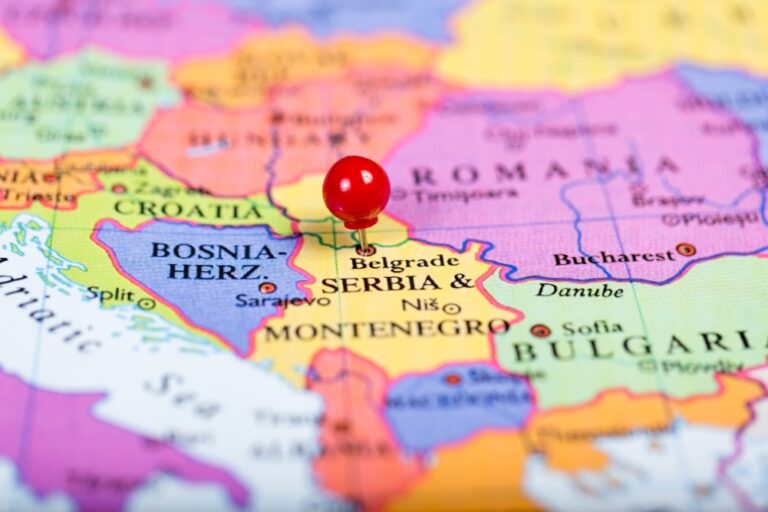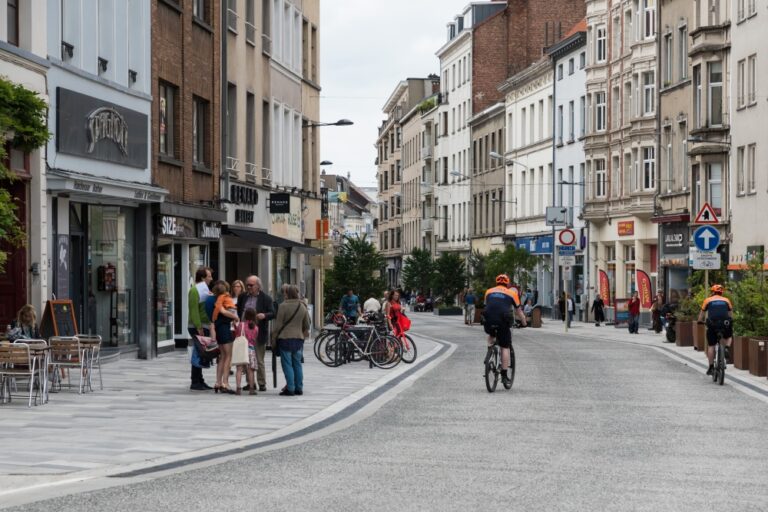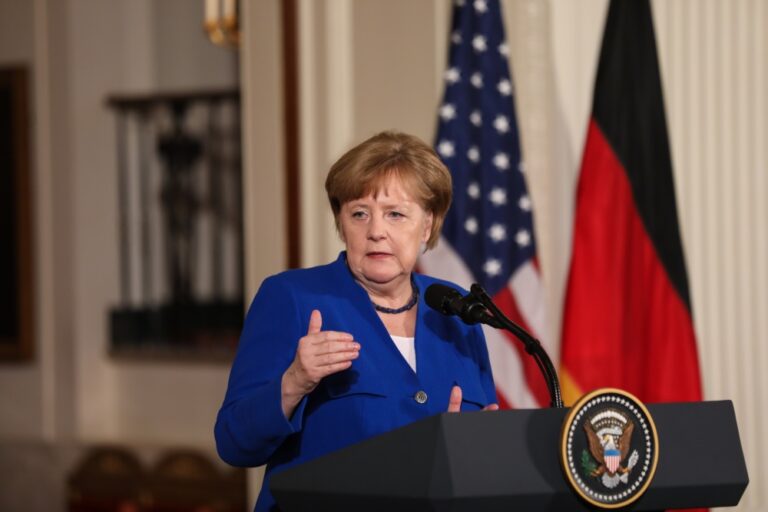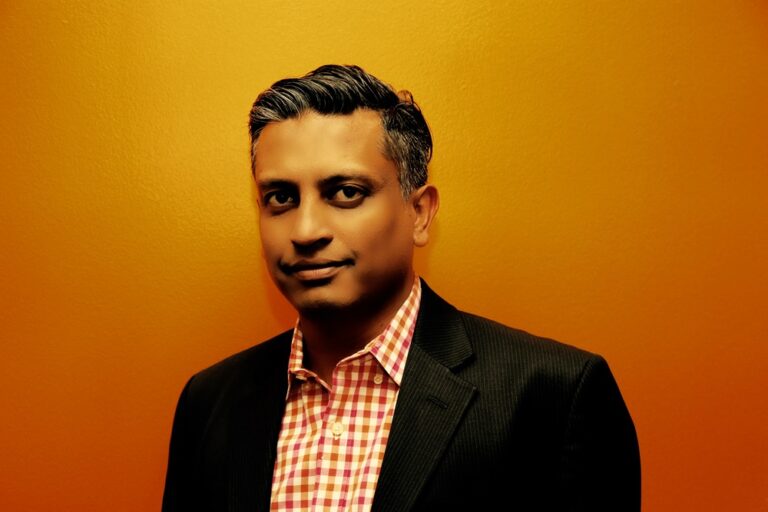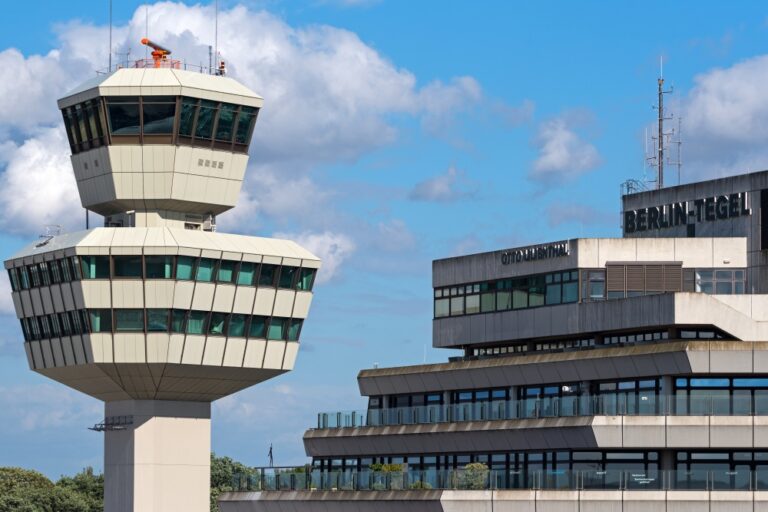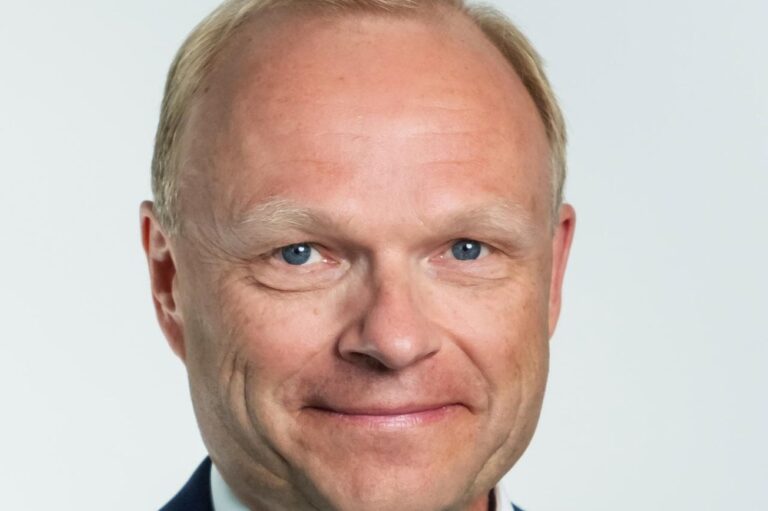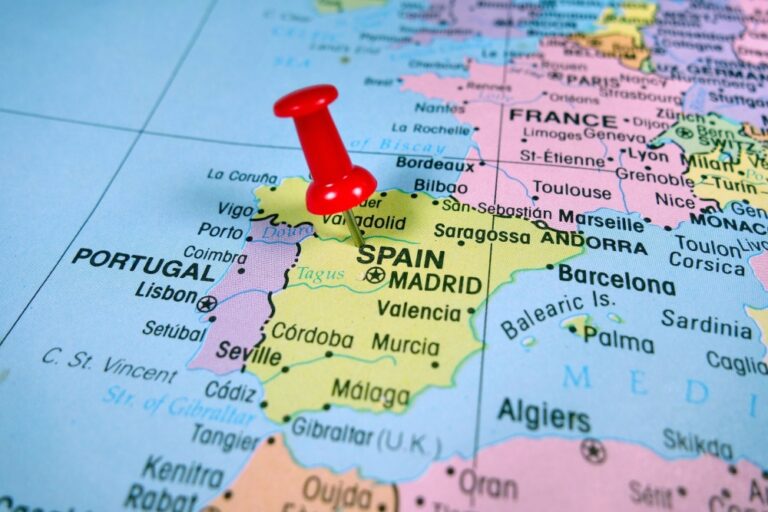A new platform will manage both the LoRaWAN and NB-IoT networks
Telecom Srbija, with partners Teri Engineering and Actility, is to deploy a “carrier-grade” LoRaWAN. Customers are expected to include both commercial and public sector organisations include industrial firms, energy suppliers, municipalities, retail and facility management.
They will be able to leverage “thevast ecosystem of LoraWAN and NB IoT devices,” according to a press statement.
As well as smart city and industrial applications, the IoT will carry telemetry data from heat, water, gas and electricity meters.
Tech-agnostic platform
Telekom Srbija, the country’s largest operator, selected Actility’s technology-agnostic LPWAN service management platform, ThingPark Wireless, to operate LoRaWAN and NB-IoT public networks in Serbia.
The modular platform provides unified management interfaces for both kinds of networks, covering unlicensed and licensed spectrum technologies, and supports the latest specifications from LoRa Alliance.
Telekom Srbija says its 360° IoT strategy can tailor IoT for every use case, including the ones that require 10 to 15 years of operation on battery power, like water or gas metering.
The plan is that this move will speed the adoption of IoT solutions at scale across multiple industries. The management platform provides a multi-tenant LPWAN model, which is key to an operators’ go-to market in IoT as it allows to delegate some parts of the network to specific stakeholders.
The model is shown in the schematic below.
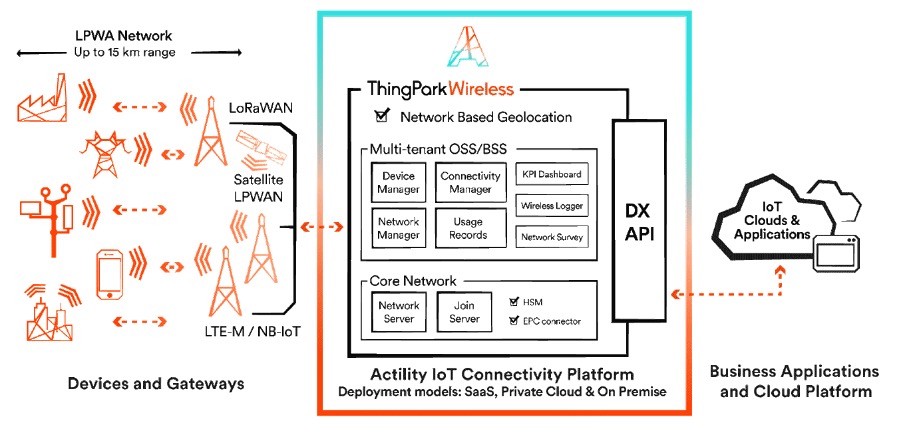
Natali Delić, CSO, CDO (Chief Strategy and Digital Officer) at Telekom Srbija, commented, I am very pleased that we can make another new technology – NB-IoT – available to our technological partners and business customers in Serbia.”
“The manufacturers of smart devices and software solutions, in addition to the LoRa technology, will now have the opportunity, by using the mts IoT platform, to develop and test the business solutions based on NB-IoT technology that works over the 4G mobile network.,” she added.


